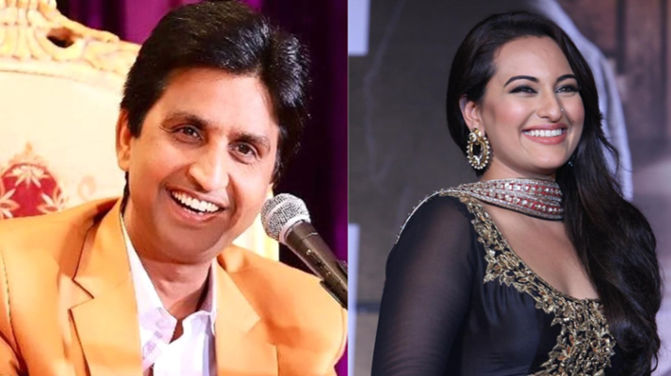Bank of Baroda’s report suggests that both the government and corporate sectors adopt a cautious approach towards capital expenditure during election months.
Economist Jahnavi Prabhakar’s study examined macroeconomic indicators during the 2019 election cycle and compared them to the current calendar year, particularly focusing on the April-May period when elections are scheduled.
The report observed that during elections, the government adopts a cautious approach towards capital expenditure, which is also reflected in company investment announcements and foreign investor behavior. The economist highlighted that this cautious stance is evident across various sectors.
Capital expenditure, also known as capex, involves the allocation of funds for the establishment of long-term physical or fixed assets.
“In the months of April and May, coinciding with election periods, only 14.1% of the total capex target of Rs 3.3 lakh crore in the FY20 Budget was utilized. This figure marks a decrease compared to the utilization rates observed in the previous two years.”
“It’s plausible to suggest that the ongoing elections may have influenced government capex spending, leading to the postponement of certain decisions due to the ongoing electoral process.”
Economist Prabhakar finds it intriguing to see how things unfold in 2024. However, indicators like inflation, credit, currency, bond yields, and stock markets didn’t show any clear trends during the last elections, especially during the polling months.
“It will be interesting to see if there are any unexpected events affecting these factors this time,” the economist remarked.
Over the next six weeks, from April 19 to June 1, India will hold its 18th General Elections. The Lok Sabha elections will take place in seven phases over 44 days, with results expected by June 4. In 2019, the elections were held during April and May, with results announced on May 23.
In 2019, inflation remained steady during April and May but started rising from July, peaking in December. For this year, the Bank of Baroda economist anticipates inflation to remain stable, possibly moderating during the election months. Retail inflation in India is within the RBI’s comfort range of 2-6%, but slightly above the ideal 4% mark, standing at 4.85% in March.
Regarding the stock market, the Sensex showed modest gains in April 2019, which were erased in May. The pattern remained erratic in the following months, with no clear trend emerging. In contrast, the domestic market has seen stable gains so far in 2024.







